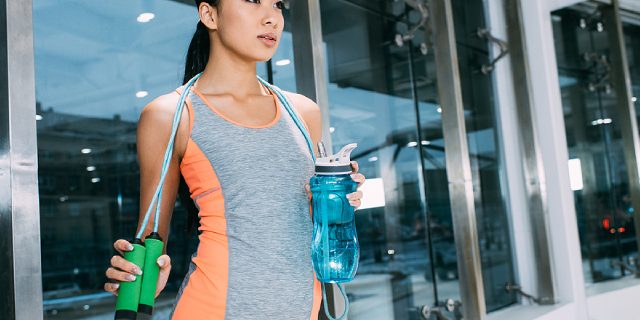Hydration is the cornerstone of athletic performance. Whether you’re a professional athlete or a weekend warrior, maintaining proper hydration levels is essential for peak physical and mental performance. Dehydration can lead to fatigue, decreased coordination, and impaired cognitive function, all of which can negatively impact athletic performance.
In this article, we will explore the best practices and strategies for staying hydrated as an athlete.
Understanding hydration needs: To effectively hydrate, athletes must understand their individual fluid needs. Factors such as body size, metabolism, climate, and exercise intensity all influence hydration requirements. A good starting point is to monitor urine colour and frequency – pale yellow urine indicates adequate hydration, while darker urine may signal dehydration.
Invest in a water dispenser: Having a cold and hot water dispenser at home or in the training facility can encourage regular hydration throughout the day. Access to clean and refreshing water makes it convenient for athletes to meet their hydration needs, whether they’re at rest or during training sessions.
Pre-exercise hydration: Proper hydration should begin well before exercise commences. Try to consume roughly 450-590 millilitres of water 2-3 hours before exercising, and an additional 230-300 millilitres 10-20 minutes prior to starting. This pre-hydration ensures that your body starts exercise in a hydrated state, optimising performance and reducing the risk of dehydration.
Hydration during exercise: During prolonged exercise, especially in hot or humid conditions, athletes can lose significant amounts of fluid through sweat. It is crucial to replace these losses to maintain performance and prevent dehydration. Aim to consume 7-10 ounces of water every 10-20 minutes during exercise, adjusting intake based on individual sweat rates and environmental conditions.
Electrolyte balance: Sweating not only depletes water but also electrolytes such as sodium, potassium, and chloride. While water is essential for hydration, electrolytes play a crucial role in maintaining fluid balance and nerve function. Consider consuming sports drinks or electrolyte-enhanced water during prolonged exercise to replenish electrolyte stores.
Post-exercise rehydration: After exercise, prioritise rehydration to replace fluid losses and facilitate recovery. Aim to consume 591-710 millilitres of fluid for every pound of body weight lost during exercise. Including sodium-containing foods or beverages can help enhance fluid retention and restore electrolyte balance more effectively.
Monitoring hydration status: Regular monitoring of hydration status is essential for athletes to adjust their fluid intake accordingly and to overcome any obstacles in water intake. Simple strategies such as tracking body weight before and after exercise, monitoring urine colour, and assessing thirst cues can help athletes stay adequately hydrated and perform at their best.
Hydration beyond water: While water is the primary fluid for hydration, other beverages and foods can contribute to overall fluid intake. Juices, milk, and fruits like watermelon and oranges can provide both fluids and essential electrolytes. However, be mindful of sugary or caffeinated beverages, as they can have diuretic effects and impact hydration.
Environmental considerations: Environmental factors such as temperature, humidity, and altitude can significantly impact fluid needs and sweat rates. Athletes training or competing in hot or high-altitude environments may require higher fluid intake to offset increased sweat losses. Adjust hydration strategies accordingly based on environmental conditions.
Conclusion
Proper hydration is paramount for athletes to optimise performance, support recovery, and prevent dehydration-related complications. For reliable access to clean and refreshing water, consider investing in a quality water dispenser in Singapore.
Wells offers a range of cold and hot water dispensers that cater to the hydration needs of athletes and individuals alike, ensuring convenient access to clean and refreshing water at all times. Stay hydrated, stay healthy, and keep performing at your peak!



